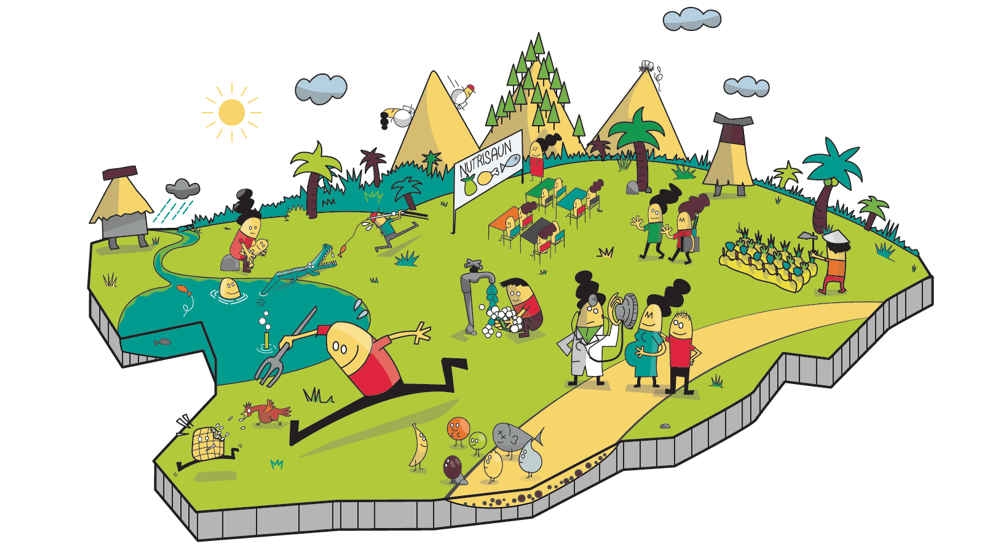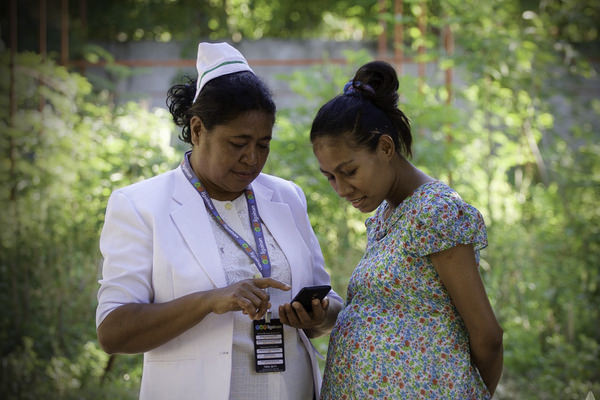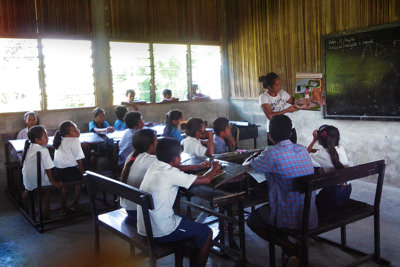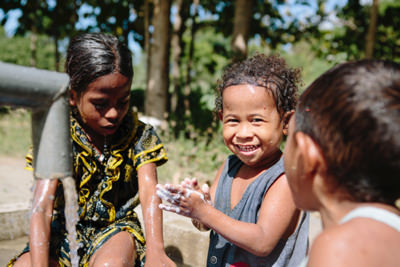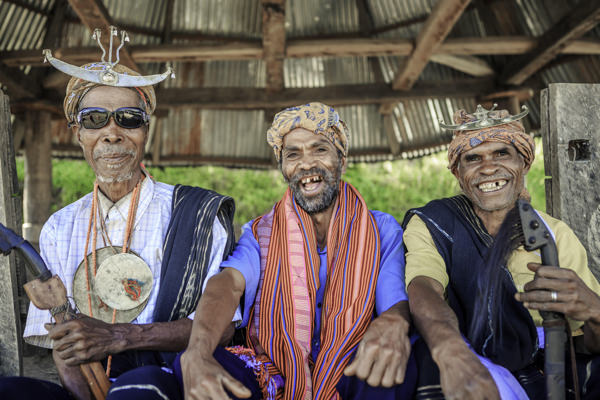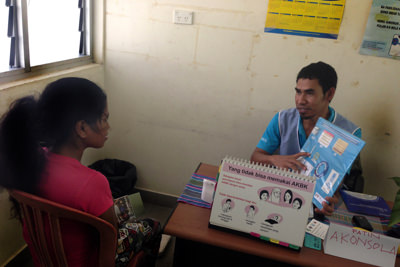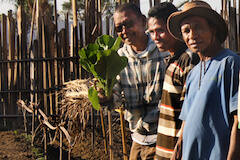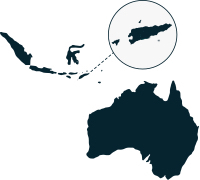Hamutuk is an innovative, multi-sector program bringing more than 100 organisations together to enhance the collective impact of nutrition and food security projects in Timor-Leste. It makes use of a collaborative information management system that allows organisations to better coordinate their efforts.
Hamutuk started as a pilot in Manufahi in 2016. Since 2020, it has pivoted to leverage its digital platform for strengthening Forum NGO Timor-Leste’s (FONGTILs) multi-sector nutrition and food security response to COVID-19. It builds on existing efforts by the Prime Minister's Office (PMO) to strengthen FONGTIL’s capacity and expand their role in increasing food security in the country.
Through the use of a powerful partner coordination and reporting tool, Hamutuk aims to strengthen the systems that FONGTIL uses to manage information. This allows FONGTIL to plan a more effective response to food insecurity in the country.
